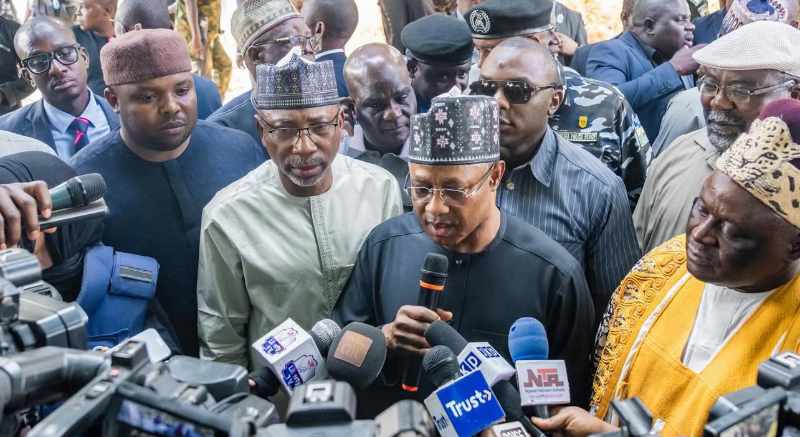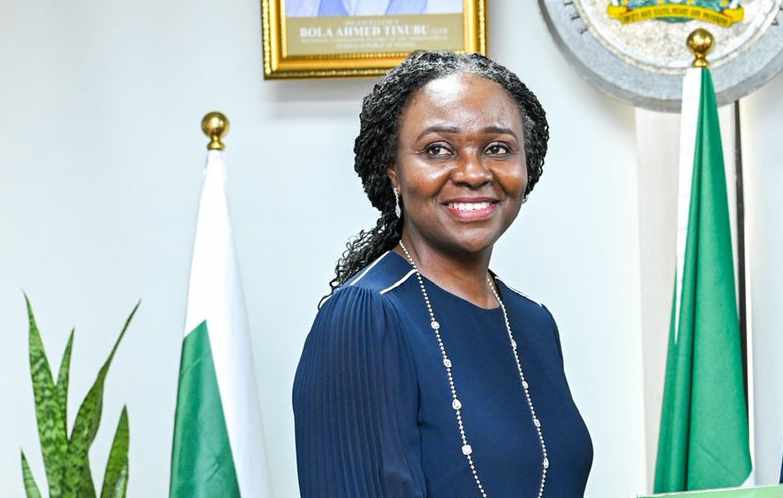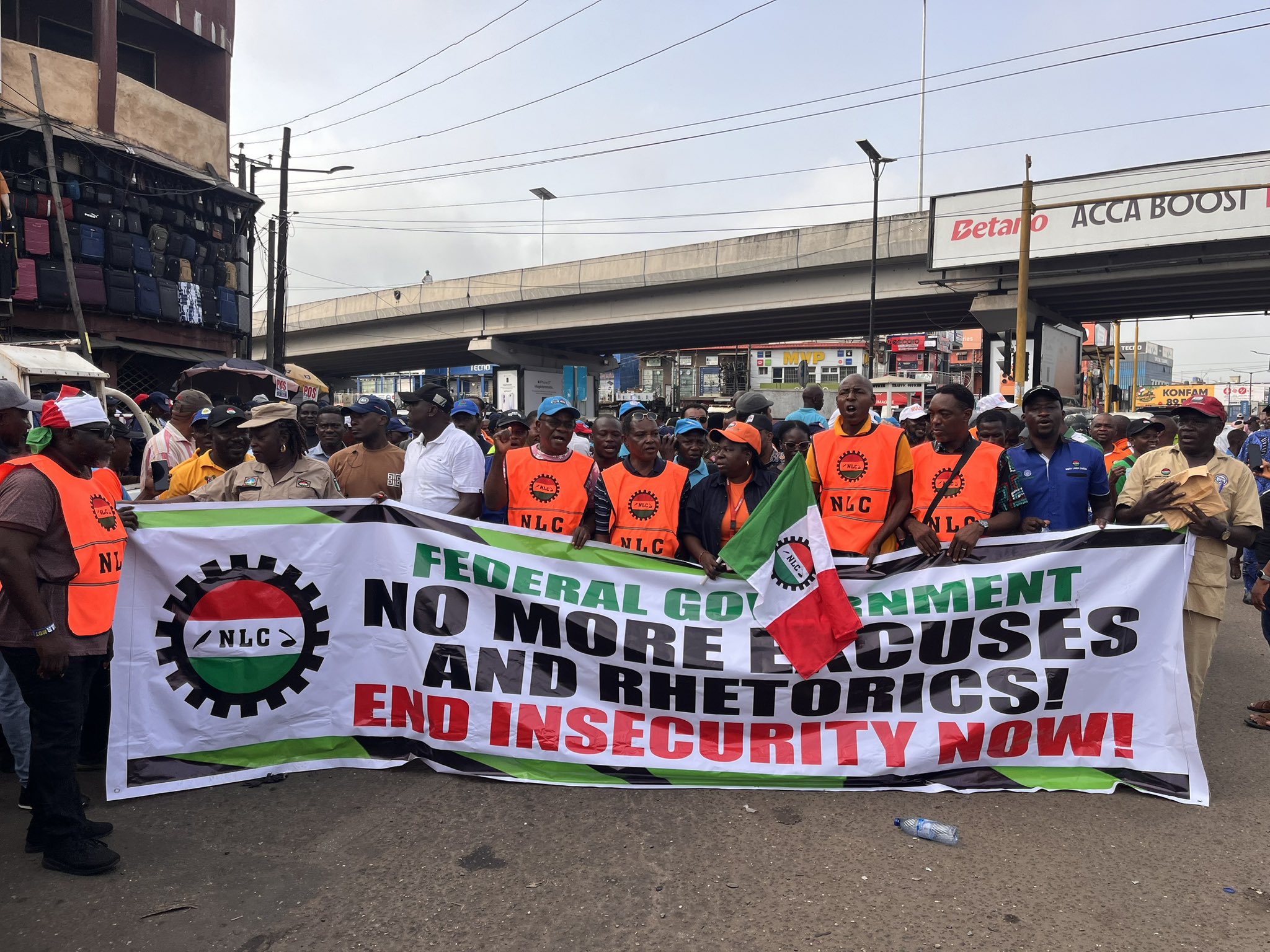National Peace Committee runs into storm of criticism over corruption probe
Published on 2015 August 20, Thursday Back to articles
The National Peace Committee has run into criticism that it is
President Muhammadu Buhari’s anti-corruption war is creating a sharp divide between Nigerians. The fracture separates those who think that this campaign should be Buhari’s top priority and those who believe that the president should not over-prioritise it above other, much-needed, aspects of governance.
The National Peace Committee (NPC), led by former military head of state, Abdulsalami Abubakar, has found out about this polarisation the hard way. The committee ran into a storm of criticism after seeming to suggest to the president that he should slow the anti-corruption drive down. This week’s Nigeria Politics & Security assesses the situation.

The committee is made up of notable Nigerians including: Matthew Hassan Kukah, a Catholic bishop and commentator on national issues; Sa’ad Abubakar, the Sultan of Sokoto; Cardinal John Onaiyekan; Ayo Oritsejafor, President of the Christian Association of Nigeria (CAN); and Nicholas Okoh, an archbishop and primate of the Anglican Church of Nigeria and others.
During a visit to the president on 10 August, the NPC committee members – while supporting his stance against corruption – urged Buhari to adhere to the rule of law in his bid to bring corrupt leaders to book.
The Committee’s position, however, attracted a storm of criticism – especially on social media. Commentators on these platforms saw it as a subtle attempt to get the president to slow down in the war against corruption, a fight many Nigerians consider a priority.
Father Kukah, mandated by the committee to speak on its behalf, has largely failed to convince many Nigerians of the merit of the committee’s position, especially with speculation rife that the committee members were sent by former president Goodluck Jonathan to plead for him.
The NPC was formed just before the 2015 presidential elections to mediate between all parties ahead of the vote and douse rising political tensions in the country.
The ruling All Progressives Congress (APC) – in a subtle dig at the committee members – urged them to be careful so that their actions and statements do not discourage the president’s fight against corruption.
Another statement issued 16 August by the party spokesperson, Lai Mohammed, was more categorical. He accused the Jonathan administration of looting about US$56 billion in public funds. He also said that anyone, who by words or deeds, attempts to stop the president from recovering the funds, deserves nothing but “public opprobrium.”
The Conference of Nigerian Political Parties (CNPP) also issued a statement on 14 August condemning the position of the NPC. The group described the NPC’s actions as a subtle, but scary, blackmail that was capable of dampening the fight against corruption.



